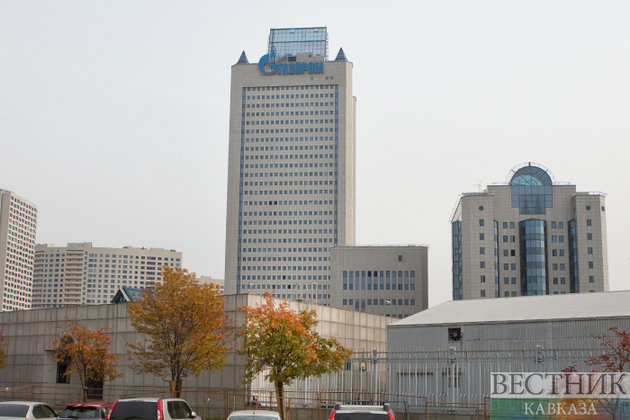Serbian President Aleksandar Vucic said that Serbia wishes to “talk to the Russians” about the Oil Industry of Serbia, NIS, which is majority-owned by two Russian energy companies, and if need be “take over”, while EU sanctions against Russian oil companies are in force. According to Balkan Insight, Serbia sold 51 per cent of its only oil company, NIS, to Russia’s energy giant Gazprom in 2008, for what experts said was a bargain price of 400 million euros, plus the promised investment of 550 million.
Vucic said on Wednesday that, besides rising prices on world markets, “a big problem is whether our refinery can get spare parts because it is under sanctions because the Russians own and manage it, and another problem is that some intermediaries and buyers of Iraqi oil do not want to work with those who are [in] majority-Russian owners[hip]”.
Vucic told Pink Television in an interview: “Until now, we have solved these problems, we will see how we will solve them in the future, to talk with the Russians, if, God forbid it, becomes necessary – because we will not steal anything – to make back-to-back contracts, firm contracts, while it [EU sanction regime] lasts, to take over, when the sanctions are lifted, you take over and so on.” He added: “But, that is only if we have to because we will not steal anyone’s property.”
Russia’s Gazprom, which is not under EU sanctions, owns 6.15 per cent of NIS but its subsidiary, Gazprom Neft, which is under sanctions, but which have a Western Balkans exception clause, owns 50 per cent.
Most crude oil that Serbia imports arrives via the Croatian oil pipeline operator, Jadranski naftovod, JANAF, pipeline and it mostly comes from Russia and Iraq. Serbia’s Security of Supply Statement for 2020 said NIS’s crude oil covers 25 per cent of the country’s total needs.
Together with growing pressure to choose between its traditional ally Russia and its EU aspirations, Serbia has faced a headache over NIS’s ownership structure since the EU imposed sanctions on Russian energy.
In its sixth package, the EU imposed an embargo on imports of crude oil and refined oil products from Russia. It also prohibited EU operators from “insuring and financing the transport, in particular through maritime routes, of oil to third countries” after a grace period of six months. These sanctions have some exceptions and delayed deadlines, however, for countries like Bulgaria, Croatia and the Czech Republic.
When the EU imposed a fourth package of sanctions on March 16, it bound its members not to “engage in any transaction with … a legal person, entity or body established outside the Union whose proprietary rights are directly or indirectly owned by more than 50 per cent”, by several companies, including Gazprom Neft.
This affected NIS, given that Gazprom Neft at the time held 56.15 per cent of the shares. However, the EU’s fifth package excluded from the ban any “member of the European Economic Area, Switzerland, or the Western Balkans”.






